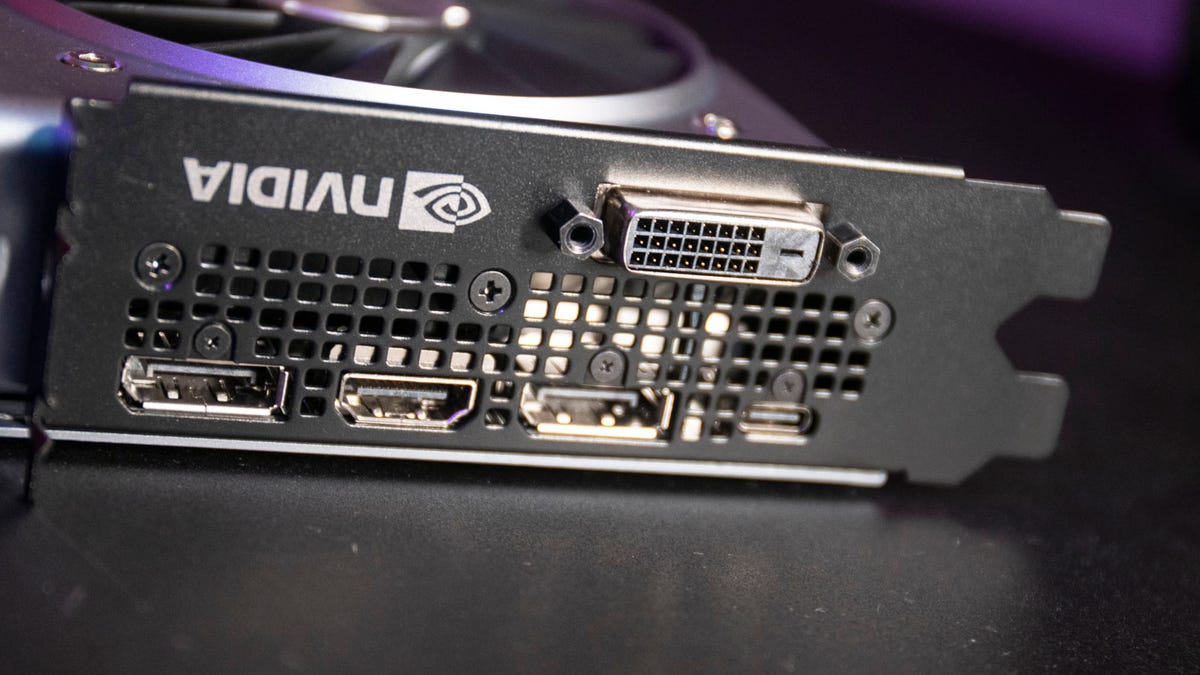The last vestiges of Nvidia and Apple’s long-term relationship are ending shortly. On Monday Nvidia published the release notes for the next update of its CUDA platform and noted that “CUDA 10.2 (Toolkit and NVIDIA driver) is the last release to support macOS for developing and running CUDA applications.” That means all future versions of CUDA will lack support for Apple devices, which could leave a decent share of the pro community, as well as the hackintosh community, without support for the most popular discrete GPUs being made at the moment.
So what is CUDA and why does this mean END TIMES for the relationship between the two companies? CUDA is an Nvidia specific parallel computing platform that lets programs take better advantage of Nvidia’s hardware. This tends to result in better performance in programs like Adobe’s Premiere and AfterEffects and can even result in better performance in some games, like Just Cause 2. The GPUs of Nvidia’s rival, AMD, can’t support CUDA, which has led to some video professionals relying on the macOS platform to grumble over Apple’s long-term reliance on AMD GPUs.
There was even a bit of confusion when Apple announced the latest Mac Pro, as it eschewed super powerful Nvidia GPUs with hardware-accelerated ray tracing support to embrace AMD’s hardware.
But look, the Nvidia/Apple relationship has been crumbling for nearly a decade. A little more than ten years ago Apple and Nvidia lost a whole lot of money due to a series of failed GPUs in the MacBook Pro line up. It went so poorly that Apple started to rely on AMD for its GPUs despite Nvidia’s popularity and typically better performance. That’s why Apple’s MacBook Pro line up kept using less powerful AMD GPUs when Nvidia’s robust and popular series of mobile processors were sitting right there.
But despite the reliance on AMD hardware Apple continued to support Nvidia GPUs. If you wanted to cram a Nvidia card into your older Mac Pro or rely on it for you hackintosh than Apple and Nvidia had you covered. Until last year when Apple quietly stopped support CUDA with the release of macOS 10.14 Mojave. That forced apps that relied on CUDA for hardware acceleration, like Adobe’s suite of software, to issue warnings and reminders to customers.
Nvidia ending support after CUDA 10.2 is really more tit for tat than any kind of major statement. Yet it does leave some people, like the aforementioned hackintosh users, in the lurch. It also means that it’s now going to make Apple devices a lot less appealing to some high-end developers and animation professionals. Currently, Nvidia is the only company making GPU hardware capable of hardware-accelerated ray tracing, a welcome tool uses by animators and developers.
Presumably, those people were already leaning on Windows—given Apple’s lack of official CUDA support. Yet this now makes it very clear to them that they’re not really welcome on Apple’s operating system. At least until AMD gets its own hardware-accelerated ray tracing support off the ground. Rumors suggest we’ll see that next year, but it will be curious to see how many pros are patient enough to wait.
